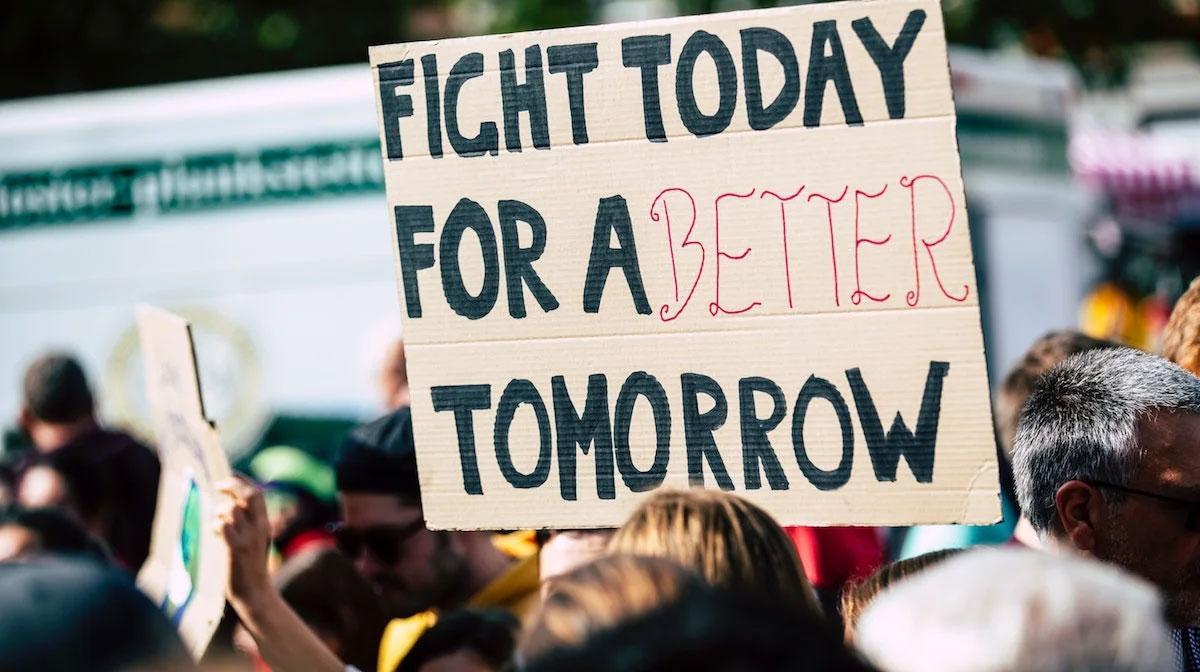Sada Reddi
Africa-Press – Mauritius. Many people crying for change in various areas to improve living and working conditions have reached the conclusion that the ’system’ is the major barrier to (positive) change in this country.
Whether they are discussing politics, public policies and any other issue, the diagnosis is the same. Often it is with a feeling of despair that they articulate their grievances and the same tune echoes in everyone’s ears.
This is true for Mauritius as for any other country. It is a problem which has been debated for centuries and is captured in the eternal debate between reformism and revolution and variations on the same theme.
‘We may all agree that the ‘system’ remains a major obstacle in the path of progress, yet one should not despair of improving our society.
History provides us with the reassurance that people have employed various strategies to improve society; our history is but a continuous conquest of rights and freedoms — though we should guard against seeing progress as something linear or inevitable’
We may all agree that the ‘system’ remains a major obstacle in the path of progress, yet one should not despair of improving our society. History provides us with the reassurance that people have employed various strategies to improve society; our history is but a continuous conquest of rights and freedoms — though we should guard against seeing progress as something linear or inevitable.
Two broad strategies have been employed to fight the ‘system’, one from outside which bypasses the system; others have fought it from inside, that is by making oneself the agent of change and securing incremental positive changes, however small they might have been but eventually proved to be of great significance in the long run.
Take the case of private tuition in primary schools. There are some parents who refuse to provide for private tuition for their children for a number of reasons; there are others who can afford to simply opt for private schools.
While the majority will accept private tuition somewhat grudgingly even if they are aware of its limited educational value, they have employed various strategies to nullify its baneful effects.
Some parents will ensure that after tuition, from 5 to 8 o’clock, their children get the opportunity to enjoy and relax by doing some sports or some reading for pleasure, watching television, and thereafter to focus either on school work or tuition work after arrangement with their teachers.
Most of Saturdays and Sundays are reserved for leisure activities and there is no question of two private tuitions. This is just one of the many strategies which can and have been used to fight the ‘system’.
A brick wall of indifference
The identification of the ‘system’ as an obstacle to progress is not confined to education. It is equally relevant in every walk of life whenever one seeks to improve society or an organisation.
Many people are repeatedly telling us that whenever they seek to fight corruption, nepotism, malpractices, environmental degradation, arbitrary power, traffic problems and injustices of every kind, they come up against a brick wall of indifference, bureaucratic incompetence, institutional inertia, sheer vested interests, government incompetence or public apathy.
Not only do they blame the authorities of the day for the various ills that affect them in their daily lives, the blame is also shifted to government as it is viewed increasingly as a “cash and carry” government.
Whatever the issue, which is likely to become a major preoccupation of the people, there will always exist various ways to fight these ills both from inside and outside.
In Afghanistan, policemen living in very remote areas used to receive their salaries through several intermediaries, and a cut was deducted from the salaries throughout the process at the level of each intermediary. What the policeman pocketed at the end of the month was but a fraction of his salary.
Recently technology has altogether removed the corrupt practice — his full salary, which comes to a huge amount, much to the surprise of the police officer himself, is henceforth credited directly into his bank account through mobile payment.
What police officers initially took to be a huge salary increase was in fact their normal salary. Similarly, the Aadhar Card, a unique identification card, has been introduced in India to rid the system of corruption, and to give every citizen a proof of identity – something many poor and marginalized in the country lacked.
In both cases technology has been used to eliminate corruption. Other strategies include protest of various kinds, which over the years have yielded positive results even when they were not entirely successful.
For More News And Analysis About Mauritius Follow Africa-Press







